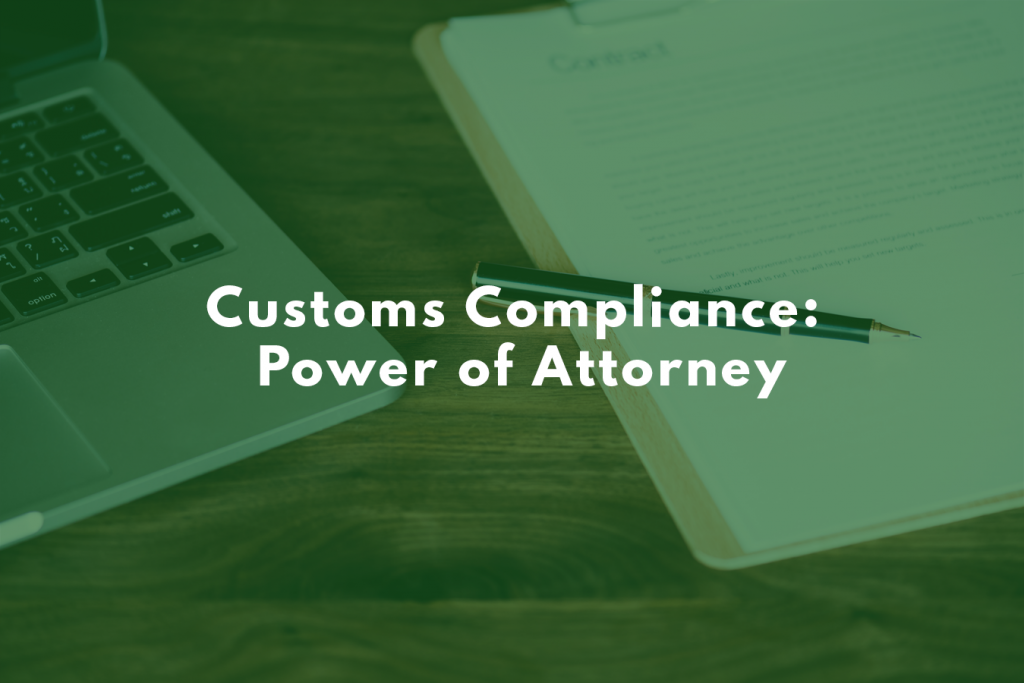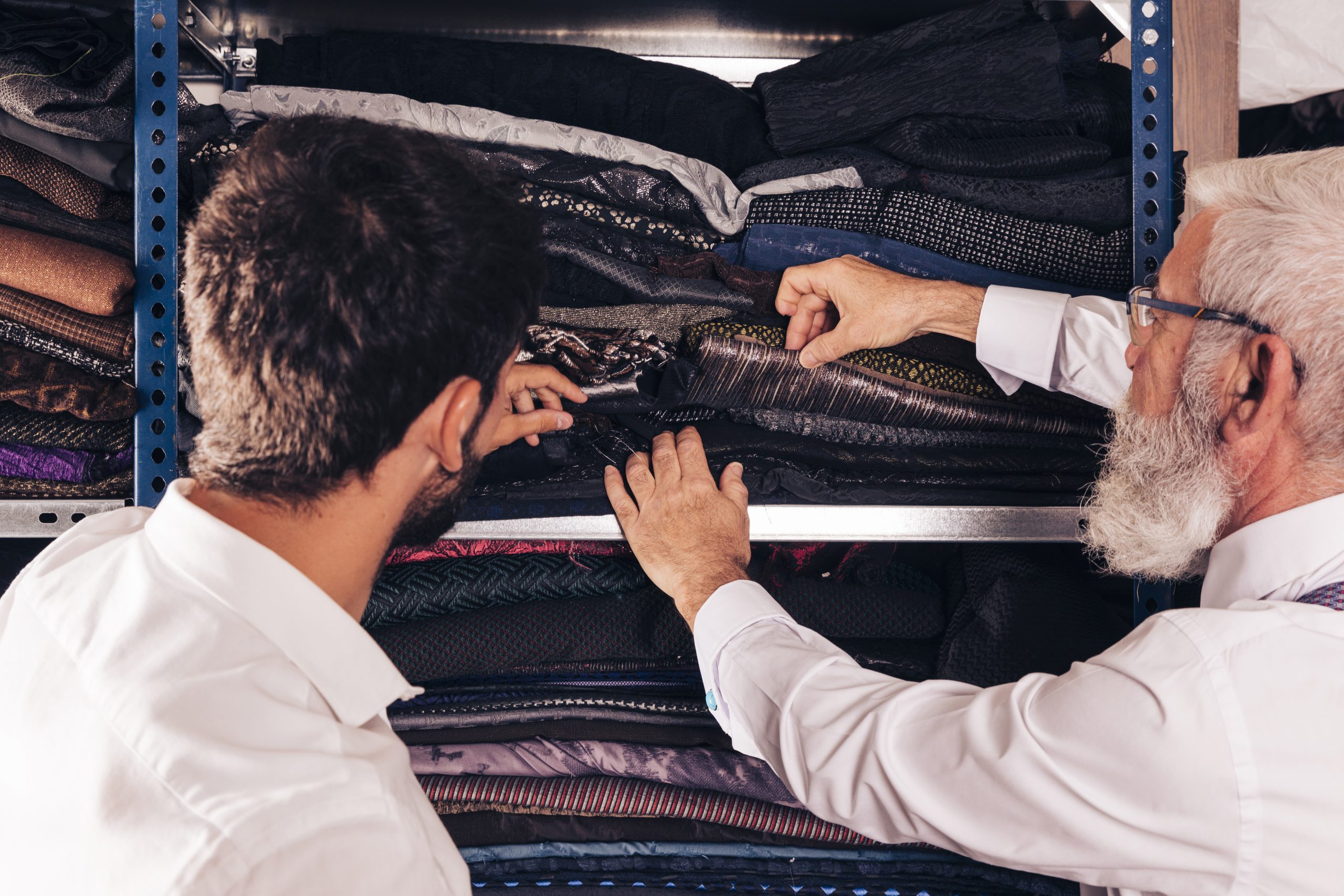Customs brokers are regulated and authorized by the Customs and Border Protection (CBP) to do our jobs. We’re licensed — we’ve passed all the exams — and we’re professionals, but we don’t actually work for CBP or the federal government. When you, an importer, contact a customs broker, we need to establish a legal connection so that we can work with CBP for you: Power of Attorney.
Power of Attorney is an essential part of working with a customs broker. As your trusted customs law experts, we’re here to tell you all you need to know about this important piece of the importing puzzle.
Why is Power of Attorney Essential?
Power of Attorney is a general legal concept with applications beyond customs brokerage. You’ve likely heard of it in other contexts, such as personal finance or medical situations. Regardless of the situation, the principle is the same; legal authorization to act on your behalf, in whatever capacity you decide.
Power of Attorney is required any time an importer works with a customs broker to clear goods, whether the importer is a resident or non-resident, an individual, or business. There is no situation where you can legally work with a customs broker for importing in the United States without giving them Power of Attorney.
Once Power of Attorney is established, your customs broker can generally:
- Endorse, sign, or declare requests for delivery, entry, or withdrawal;
- Process any declaration, certificate, protest, bill of lading, or affidavit;
- Collect drawback and duty refunds; and
- Act as a grantor of any bond required for importing.
What is Required to Establish Power of Attorney?
Though an individual is not required to be a resident of the United States in order to conduct importing and exporting business, the customs broker to whom you give Power of Attorney is required to be a US resident.
If you’re establishing Power of Attorney (PoA) as a partnership (instead of as a corporation, sole proprietor, or individual) the PoA must be limited to a maximum of two years. If the partnership members change at any time during the agreement’s term, the previously signed PoA becomes invalid and a new agreement must be obtained.
Customs Form 5291 is the CBP’s standard Power of Attorney agreement, but you can draw up your own with similar language. For a document to establish Power of Attorney for customs business to be considered valid, the signed version must include:
- The importer’s US tax reporting number;
- The importer’s status (corporation, partnership, sole proprietor, individual); and
- Standard Power of Attorney terms, limited or unlimited.
Things to Keep in Mind
The Power of Attorney document is relatively straightforward, but there are a few details you need to keep in mind when it comes to filling out your PoA with your customs broker.
First, not everyone in a company can legally give Power of Attorney to a customs broker. Whoever signs the agreement must be authorized to do so, which means anyone with the title of President, Vice-President, Secretary, or Treasurer. Equivalent titles and roles that may substitute as the authorized person include Chief Executive Officer, Chief Operating Officer, and Chief Financial Officer.
Whoever signs the agreement must be able to prove they have the authorization to do so if challenged by law. If you want someone who isn’t legally authorized to sign the PoA agreement — a buying director, for example — they must be given Power of Attorney by the company before they can sign a PoA customs agreement.
Second, your Power of Attorney document does not need to be notarized. You only need to ensure whoever signs the agreement was authorized to do so by appropriate company heads.
Finally, a customs agreement for Power of Attorney only authorizes the broker to work on your behalf with regards to customs business. Giving a customs broker PoA does not give the broker any power within your business.
Have a question about importing and power of attorney? Contact us today!






